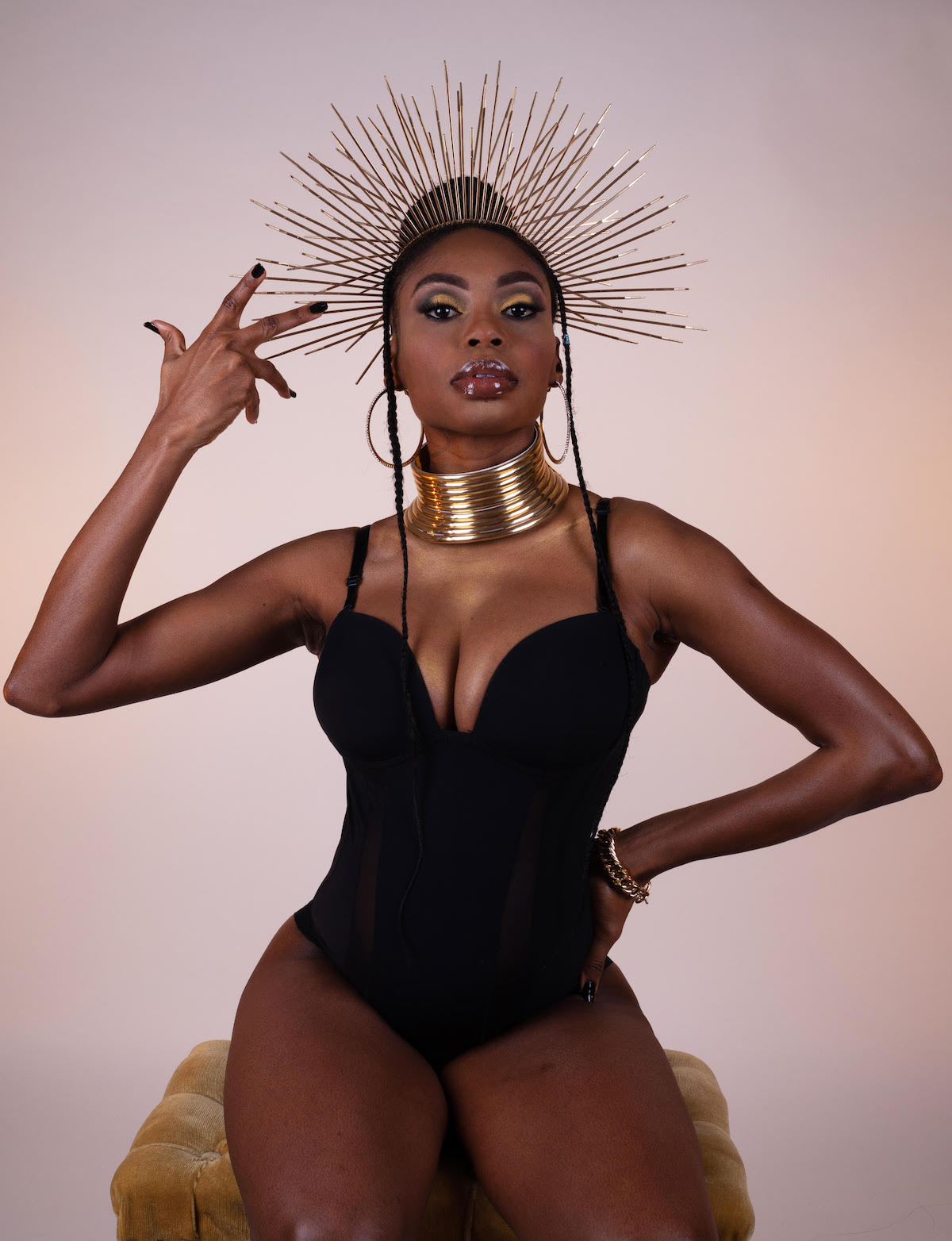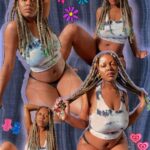You have many talents in a lot of different fields ranging from being a visual…
Fumy
Interview with the London-based dancer, choreographer, and mother26 February 2021
For our final 2021 BHM series interview, we sat down with Fumy Opeyemi (@fumzgop) a dancer, dance teacher, and mother who is currently living in London. Fumy also works as a creative director and choreographer. YEOJA Mag spoke to Fumy about how she became a dancer, what inspires her,and how the 2020 Black Lives Matter movement affected her.
Hi Fumy, could you tell us a bit about yourself? How, why and when did you start dancing?
Fumy: My full name is Olufunmilola Grace Opeyemi. I was born in Nigeria and raised by my single mom together with my four siblings. I started dancing when I was twelve years old. Before that I had no rhythm and people wouldn’t have necessarily seen me as someone particularly gifted as a dancer.
One day, I saw this woman dancing on TV who moved with so much energy and soul. I later learned that this woman was Janet Jackson. I wanted to dance like her, so I took one of my moms’ tapes and started recording videos on the TV that had people dancing in them. Once I’d recorded them, I would rewind, add slow motion and watch the videos over and over. This is how I started teaching myself how to dance.
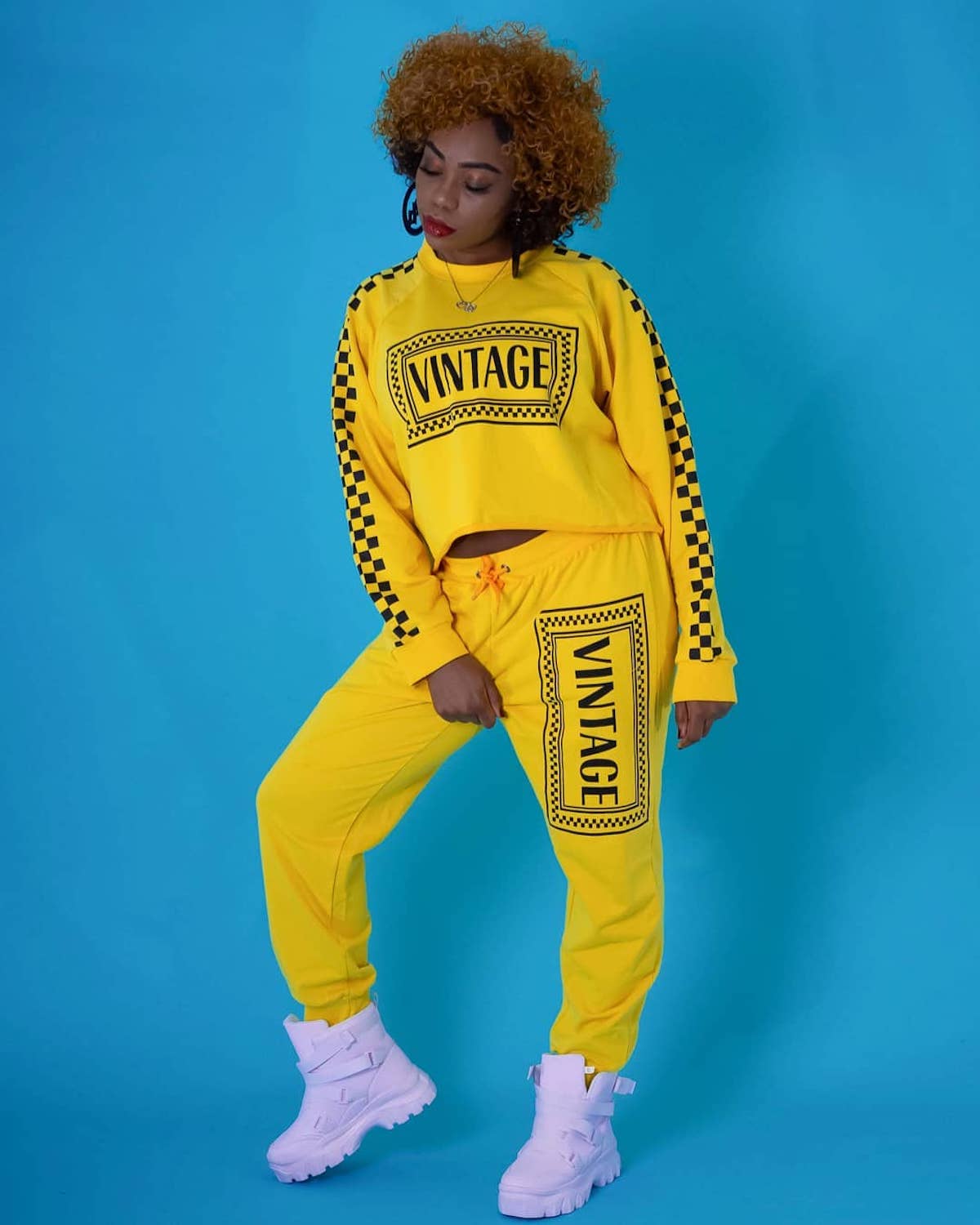
When I was in secondary school, I formed a group called The Eden Girls with three of my friends. We started performing, representing our school, and competing in dance competitions. I was used to dancing in a group, but had never performed alone. Every Sunday there was a dance battle at Lekki Beach, Lagos that was shown on TV. My brother secretly signed me up for it for the competition, and although I was nervous to take part, I ended up winning!
Shortly after in 2004, at the age of sixteen years old, I came to the UK. I wanted to push my dance career forward, as dancing opportunities were more prevalent here in London than in Lagos.
Although my mother wanted me to pursue a career like business or nursing, I chose to follow my heart, and found a school that taught dance, theatre, and singing. This school didn’t require an audition, and also happened to be a charity-based school. I felt so lucky – I had three years of dance training for free and also ended up receiving a diploma. This training helped me improve overall in performing, dancing, and understanding music.
View this post on Instagram
And why did you decide to become a dance teacher?
Fumy: After the academy, I became part of a dance group who introduced me to teaching. I was always quite a shy person, but through teaching I had to move away from my comfort zone and I feel the experience really woke me up. It also helped me continue to perform as a dancer.
My current class is called AFROVIBEZ. For more information, visit my website.
To those who have never seen you perform, how would you describe your dance style and your attitude?
Fumy: Even though Afro dance is a prevailing dance style for me, I also learned a lot of different dance styles including ballet and contemporary. As a result, I would describe my style as having an underlying ‘musicality’. I love to listen and connect to the music before I dance. I need to be able to feel the song and if I connect to the music I will be able to dance to it. There is a lot of technique in my dance style but overall, it’s all about being musical.
How much has your Black/Nigerian heritage influenced your dance?
Fumy: My heritage has influenced my dance a lot. We used to dance in school, which I really enjoyed. It made me feel free. Having the training back home, it really helped me a lot in what I am doing now. I also love Nigerian cultural dance and I want to use this dance more often. Traditional [Afro] dance is the foundation to how I dance now, as it’s important to understand the basics of how Afro dance got into this world.
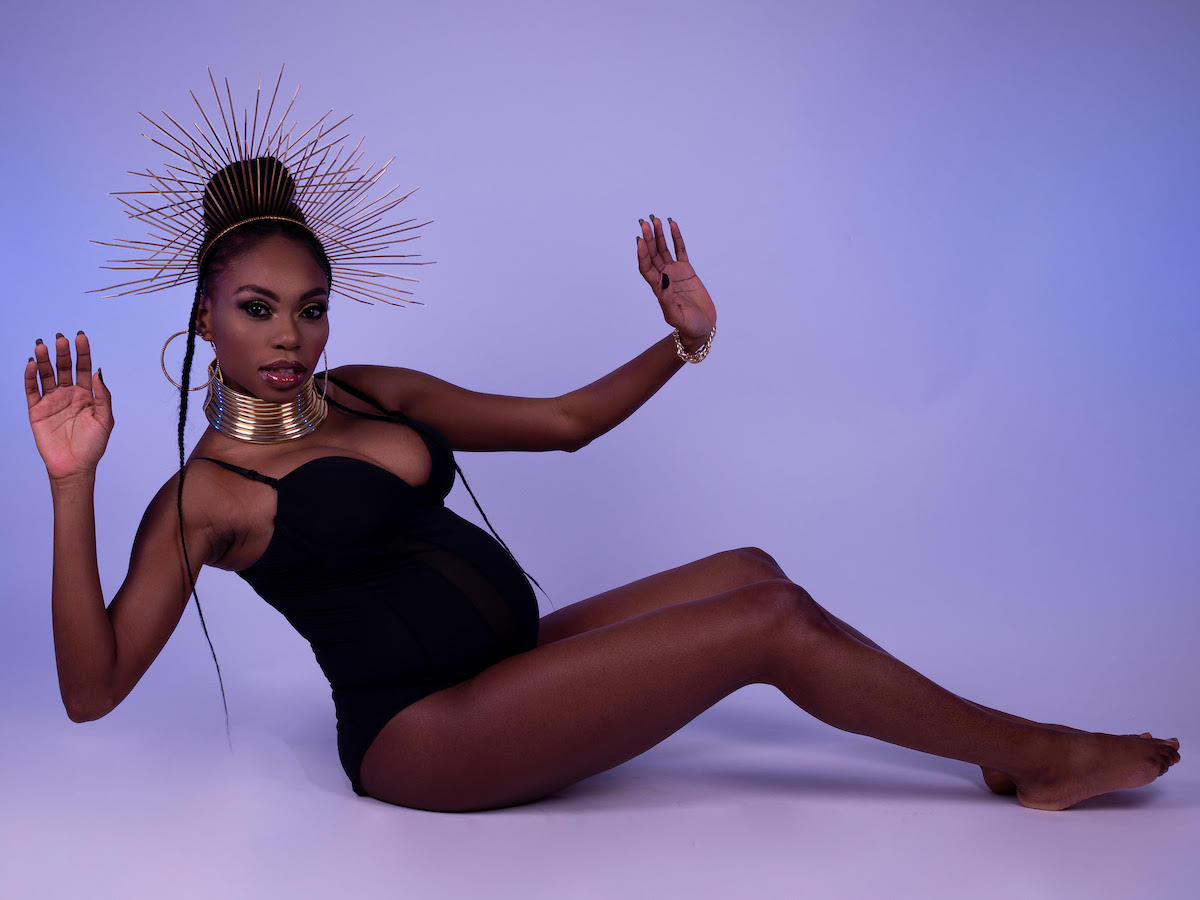
Who inspires you?
Fumy: Watching Janet [Jackson], who is also a Black artist, inspired me a lot. Additionally, I’m often inspired by the students in my classes. When I see people improve, it inspires me to push myself more as a dancer to help others improve.
Seeing the kids so committed and determined is also very inspiring and makes me want to do more. Lastly, I’m inspired by my family. Especially by my child – he makes me want to do more and give him what he wants. I work hard for him and I don’t give up.
What is your greatest accomplishment?
Fumy: Coming to the UK and studying dance, performing at the 2012 Olympics as a professional dancer, and performing a lot on stage with my dance partner Patience. Ten years ago, we started a duo group called G.O.P Dancers (Girlzonpoint). We worked with loads of artists and on music videos and stage performances including [performances] at the O2 Arena. Our biggest performance was when we performed as an act on the main stage at Breakin Convention, opening for Les Twins.
My biggest accomplishment now is having my son in 2019. It was a miracle having him just 15 hours after teaching and dancing full out in my class.
My future project is to do more around creative direction. Due to the free time in lockdown, I had the idea to work with dancers, producing different visuals and releasing one each month. They aim to inspire people.
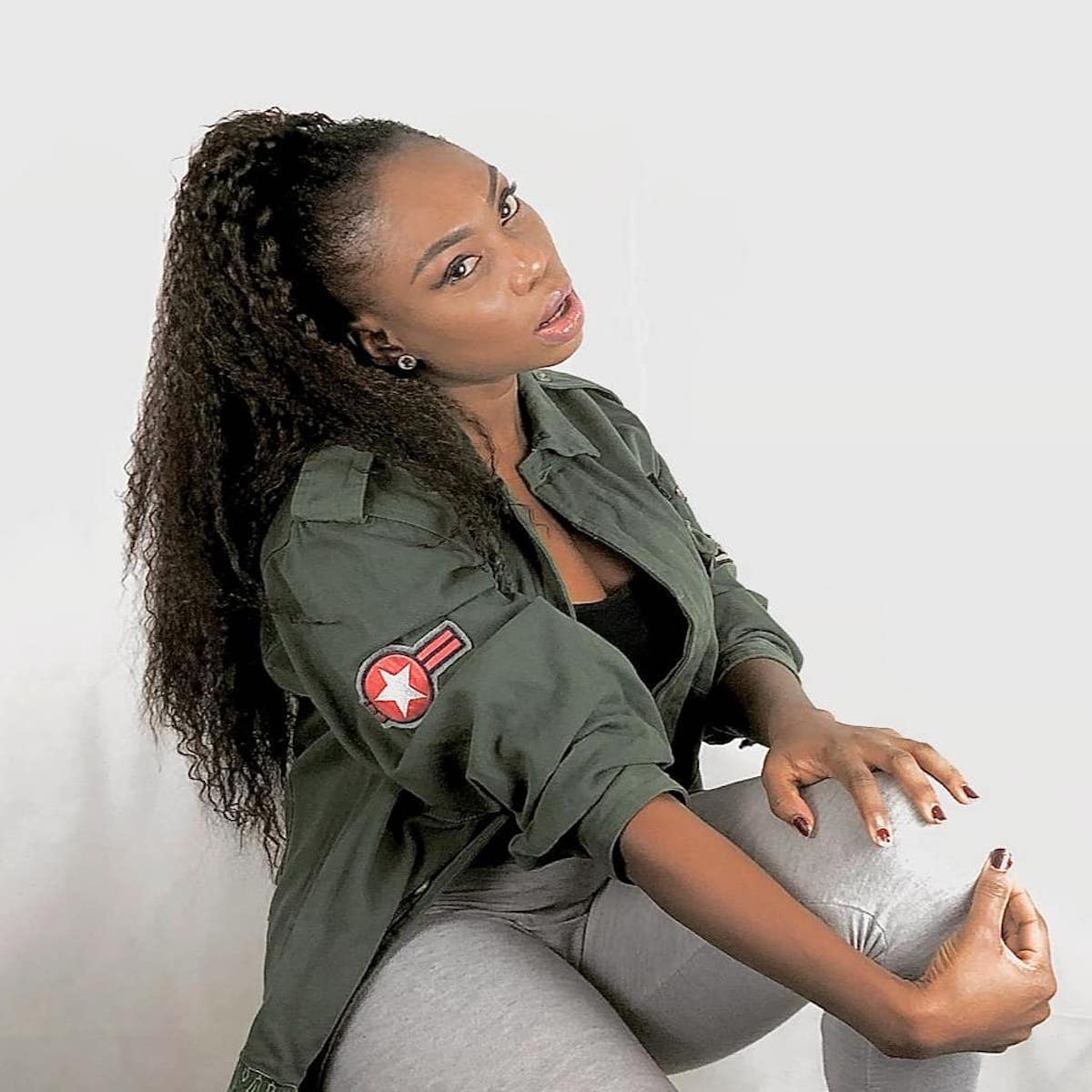
How has the 2020 Black Lives Matter movement affected you and your mental health?
The Black Lives Matter movement last year really opened up my eyes a lot, even though I know the movement itself has been going on for years. Black people have suffered a lot in the past, and it is still continuing. I keep asking myself: What goes on in the heads of these people who feel it’s okay to treat their fellow human beings in such a terrible way?
I myself have suffered from racism especially at auditions. One example was when I arrived at a cheerleading audition. Already at the beginning I felt uncomfortable, as the judges made fun of the pronunciation of my name and during the audition I wasn’t treated the same way as the other girls were. I auditioned but left the place straight after without even waiting for the results. I always feel so hurt in these situations; the rejection is so often clearly based on my skin colour. I also realised [dance companies] often only want a specific type of Black, and even then, the chance of getting something as a Black person is very slim.
As a teacher, I will always support my Black dancers. However, I also try to create a community with/for everyone and accept everyone, regardless of their background.
View this post on Instagram
How has END SARS (a protest movement against police brutality in Nigeria) affected you and your mental health?
Fumy: The SARS (Special Anti-Robbery Squad) was formed in 1992 and has been a problem in Nigeria ever since. I was so happy when in October of 2020 protests began against it. Nevertheless, nothing has changed. I would love the protesting to continue, but I also want to protect my people. I don’t want anyone to get killed anymore from the corrupt police forces [because they protested against SARS].
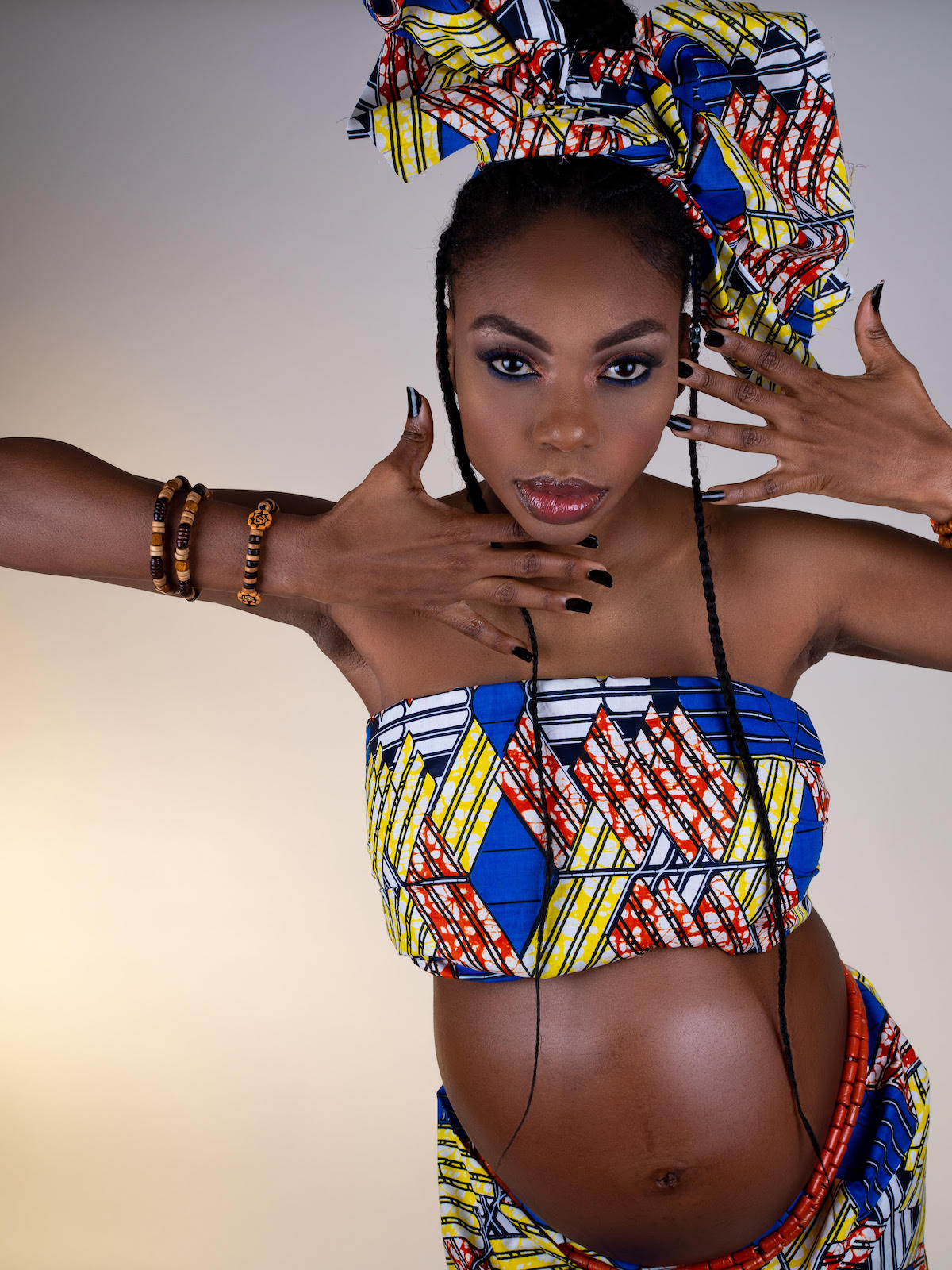
What advice would you give others, especially other young mothers that juggle work life and family life?
Fumy: My advice to everyone is don’t be afraid to try and don’t be scared to fail. If you fail, try again. You also need to put your heart and soul into something you want to do and stay committed. Love yourself first, that way you’ll be able tos how and share the love to others.
In terms of being a mother, don’t be scared of the unknown. For womxn who want to pursue their career I would say: ‘Sister, there’s not enough time, just do it’. You can find a balance between your career and your child. You should also try to be a role model for your child and never give up!
_
Images provided by Fumy. To follow Fumy on Instagram, click here. For more interviews, click here. For more BHM articles, click here.



